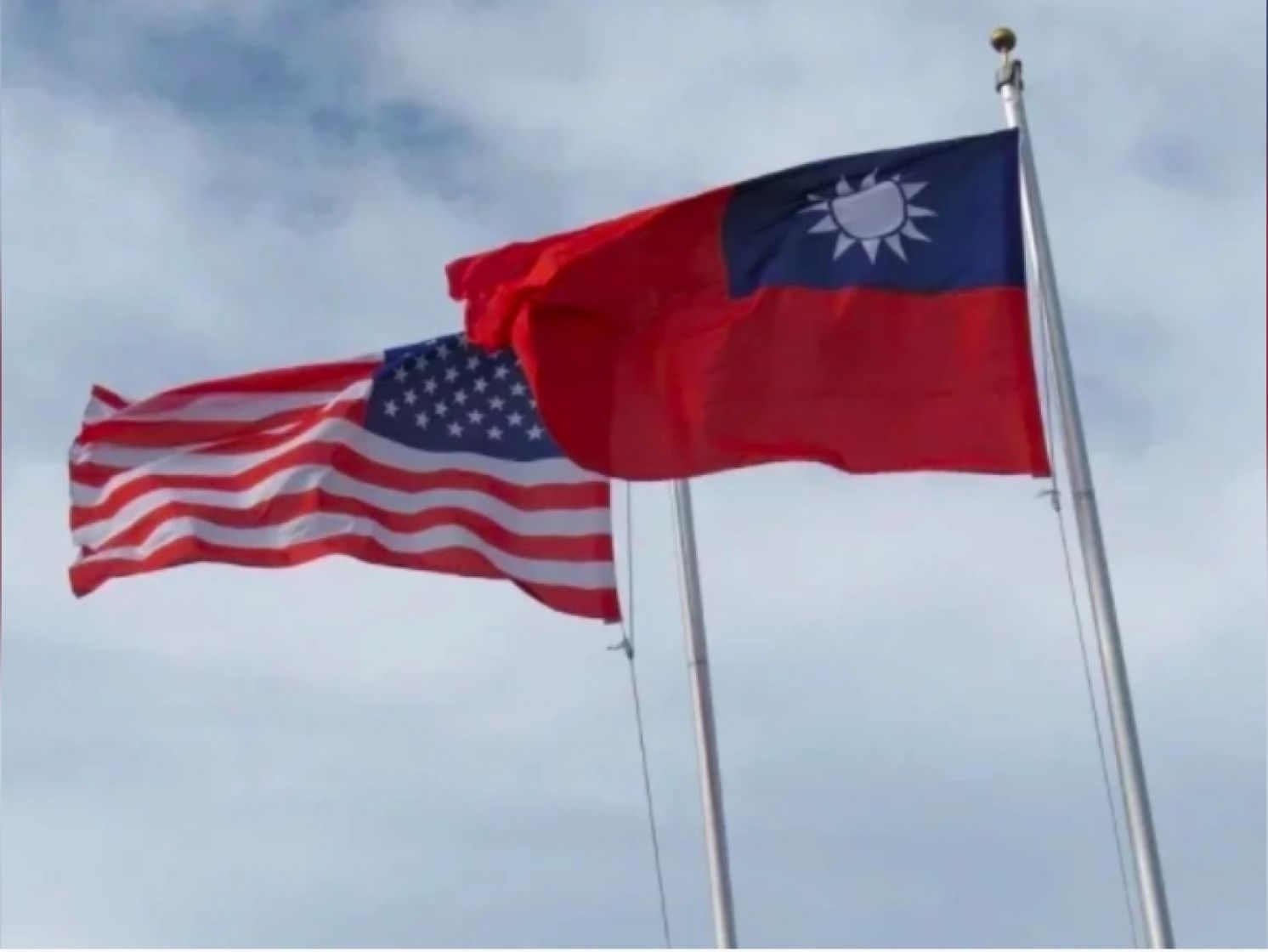
Ractopamine Pork and Vaccines:Tricky Corners of U.S.-Taiwan Negotiations
United Daily News, July 2, 2021
The U.S.-Taiwan Trade and Investment Framework Agreement (TIFA) talks, held online by video conference, came to an end yesterday. The only thing praiseworthy is resumption of the talks after a five-year suspension. The rest was an utter lack of concrete progress. For the administration of President Joe Biden in the United States, to resume the conference suspended for four years by the previous administration was a token of good will and merely so. For the administration of President Tsai Ing-wen, resumption of TIFA negotiations may not be an exciting stimulant, however in the quagmire of the coronavirus (COVID-19) pandemic, it was helpful at least in diverting the public attention. Despite the so-called “fruitful results” claimed by the Executive Yuan, a more careful review indicates nothing beyond savor.
With Taiwan’s pandemic blazing into no-end flame, the United States agreed to engage in TIFA talks by video conference and deliver donated vaccines, in order to help the Tsai administration resolve its most pressing needs. In response, the Tsai administration also put on an all-out fireworks show. For example, President Tsai announced personally at the video conference that she would seek to have the United States simplify the vaccine export process, and the National Health Research Institutes claimed that it would try to secure the right to manufacture Moderna vaccines, even boasting a projected yearly production of a billion doses. But from the post-conference press release of the United States, no word was mentioned of vaccines foundry and export process simplification. Obviously, the Tsai administration’s show was purely for “domestic consumption”. In particular, the so-called Moderna vaccine foundry was ridiculed by local medical industry as nothing but “Arabian nights.”
The vaccine foundry we wanted was not mentioned in the U.S. press release which meant “no way” so far. Relatively, the United States at the conference asked Taiwan to solve existing trade issues, among which the top issue was “American pork and beef market barrier in Taiwan”. To this American request, our press release was also invasive, because this was the Tsai administration’s death point. The reason was crystal clear, the referendum on importation of American pork containing the controversial additive ractopamine would be held next month. If the Tsai administration expressed any intention of welcoming American pork, it would incite public disgust and making the referendum vote more disadvantageous to the government. Therefore, the Tsai administration could only minimize this matter, absolutely not to let ractopamine pork appear in the vision and awareness of the Taiwanese people.
Ractopamine pork and vaccines were the respective tricky corners of this U.S.-Taiwan TIFA talks, important matters were most hideous and evasive and meant to block each other any advancement of this trade and investment framework. Exactly because of this, both sides could only “express respectively” without touching the other side’s issues of concern. Interestingly, even so, our negotiation chief, Minister without Portfolio John Deng, still claimed both sides reached “ten consensuses”. In fact, what his so-called “consensuses” was only empty and abstract conception, far remote from reaching concrete results.
Even more noteworthy was that Minister Deng claimed that the United States fully understands Taiwan's determination to international integration as a matter of policy. His words attracted our curiosity. In looking back the past decades, Taiwan had been continuously pursuing the three goals of internationalization, liberalization, and institutionalization and therefore was able to achieve a major trade nation status. When did Taiwan ever hesitate over “its determination to integrate internationally”? Then, why did the Tsai administration particularly want to clarify to the United States for its determination of internationalization? The main reason was precisely that last year President Tsai rashly agreed to open American ractopamine pork solely with her personal promise and suddenly lifted the ban without ever setting up effective regulations, contributing to chaotic confusion and heightening popular complaints outcries. This opaque style of decision-making, full of personal color and narrow-minded bias, is the greatest threat to impede Taiwan’s international integration.
From this angle, Taiwan did not need to prove to the United States again our determination of international integration. What is important is that President Tsai should not use national trade policy at will to be her personal diplomatic chip, even to assist specific groups in exchange for specific interests, particularly when this kind of diplomatic bargaining possibly endangers our overall national health and interests. President Tsai’s obstinacy and autocracy frequently surfaced these years, twisting the institutionalization of governance and rationalization of decision-making. That she singlehandedly decided to import ractopamine pork was one example of these. For national production of vaccines, she suppressed the procurement of international vaccines leading to the vaccine shortage was another. The crunch here was related to the vaccine technology authorization of the U.S. National Institutes of Health to the manufacturer Medigen Vaccine Biologics in Taiwan was another tricky corner.
In the TIFA conference, the White House essentially denied Taiwan’s offer to exchange chips for vaccines. Then, our president should also refuse America’s offer to exchange opening to ractopamine pork for setting up a vaccine foundry in the future.